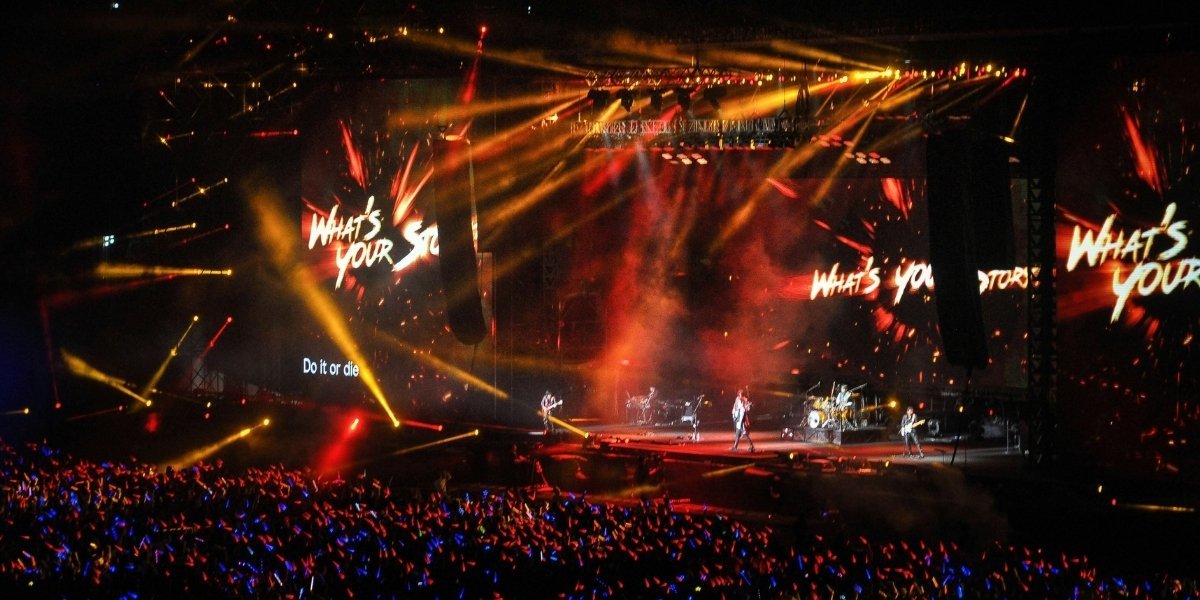Advocacy plays a crucial role in the lives and careers of artists. Through advocacy, artists can influence society, raise awareness about important issues, and foster positive change. This article explores the importance of advocacies among artists, highlighting how their unique positions allow them to champion various causes and make a significant impact.
Raising Awareness
Artists have a unique ability to communicate powerfully through their work. Whether it’s music, visual arts, literature, or film, art can convey messages and emotions that resonate deeply with audiences. By integrating advocacy into their work, artists can raise awareness about critical issues such as social justice, environmental sustainability, and human rights.
The reach of artists extends across diverse audiences, cutting across age, gender, ethnicity, and socioeconomic status. This broad reach allows artists to introduce important topics to people who might not otherwise engage with them. For instance, a popular musician advocating for mental health can influence millions of fans to take mental health seriously.
Driving Social Change
Art has the power to inspire action. When artists advocate for a cause, they can mobilize their followers and the general public to take concrete steps towards change. This could involve participating in protests, signing petitions, donating to relevant causes, or simply adopting more conscientious behaviors.
Artists often hold influential positions in society, and their opinions can shape public discourse. By speaking out on issues, artists can challenge prevailing narratives and encourage critical thinking. Their advocacy can shift public opinion and promote progressive ideas, leading to societal transformation.
Empowering Communities
Many artists use their platforms to amplify the voices of marginalized communities. By highlighting the struggles and triumphs of these groups, artists can bring their stories to a wider audience, fostering empathy and understanding. This visibility is crucial in promoting equality and justice.
Artists’ advocacies often bring people together, building solidarity around shared causes. Events such as benefit concerts, art exhibitions, and community projects create spaces where individuals can unite, share experiences, and work collectively towards common goals. This sense of community is vital for sustaining long-term advocacy efforts.
Personal and Professional Growth
Engaging in advocacy allows artists to expand their horizons and explore new perspectives. This can lead to personal growth and a deeper understanding of the world. The experiences and insights gained through advocacy can also enrich their artistic practice, leading to more meaningful and impactful work.
Artists who are known for their advocacies often enhance their reputations. Being associated with noble causes can elevate an artist’s profile, attracting attention from media, fans, and industry professionals. This heightened visibility can open up new opportunities and platforms for further advocacy.
Examples of Artist Advocacies
Many artists are passionate about environmental issues. Musicians like Billie Eilish and actors like Leonardo DiCaprio use their influence to advocate for climate action, promote sustainability, and support conservation efforts. Their advocacy helps raise awareness about the urgent need to protect our planet.
Social justice is another area where artists frequently engage. Visual artists like Banksy and musicians like Beyoncé use their art to address issues such as racial inequality, police brutality, and gender discrimination. Their work not only highlights these issues but also supports movements striving for justice and equality.
Health advocacy is also prominent among artists. Figures like Lady Gaga and Elton John have been vocal about mental health and HIV/AIDS awareness, respectively. By sharing their personal experiences and supporting relevant initiatives, they help reduce stigma and promote better health practices.
Challenges and Considerations
One challenge artists face is balancing their advocacy with their artistic careers. Advocacy can be time-consuming and emotionally draining, potentially impacting an artist’s ability to focus on their creative work. Finding a balance that allows for effective advocacy without compromising artistic integrity is essential.
Artists who engage in advocacy may face backlash from fans, industry peers, or the public. Taking a stand on controversial issues can alienate some audience members and lead to negative reactions. Artists must be prepared to handle criticism and stay committed to their causes despite potential pushback.
Authenticity is crucial in advocacy. Audiences can often discern when an artist’s advocacy is genuine versus when it is performative. Artists need to choose causes they are truly passionate about and engage in meaningful actions that reflect their commitment. Authentic advocacy can build trust and credibility, enhancing the overall impact.
Advocacies among artists are profoundly important for raising awareness, driving social change, and empowering communities. By leveraging their platforms and influence, artists can champion critical causes, inspire action, and shape public opinion. While advocacy presents challenges, the potential for positive impact makes it a worthwhile endeavor. As artists continue to engage in advocacy, they contribute to a more informed, empathetic, and just society.









